
dare, need
eg. How dare you say such horrible words to me?
eg. Need I finish the work today?
Yes, you must. / No, you needn’t.
③ dare和 need作实义动词用时, 有人称、时态和数的变化,在肯定句中,dare后面常接带to的不定式,在疑问句和否定句中,dare后面可接带to或不带to的不定式,而need后面只能接带to的不定式。
eg. She doesn’t dare (to)answer.
She needs to cook dinner for her sisters.
五. shall, should
① shall 用于第一人称,征求对方的意见。
eg. What shall I do ?
② shall 用于第二、三人称,表示说话人给对方的命令、警告、允诺或威胁。
eg. You shall be punished,you bad boy!
六. will, would
① 表示请求、建议等,使用would使语气更加缓和。
eg. Would you give me a cup of coffee, please?
② 表示意志、愿望和决心。
eg. I will never do that again.
③ would表示过去反复发生的动作或某种倾向。
eg. During that summer, he would visit me every other day.
④ 表示估计和猜想。
eg. It would be about may when she come back to China.
七. should, ought to
① should表示“应该”,ought to表示义务或责任,语气更严重。
eg. I should help her because she is in trouble.
You ought to take care of her because she is your daughter.
② 表示劝告、建议和命令,should, ought to可通用,但在疑问句中常用should。
eg.Should I open the window?
③ 表示推测, should , ought to (客观推测), must(主观推测)。
eg. She must pass the exam. (断定)
She ought to/should pass the exam.(不太肯定)










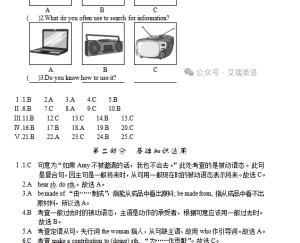




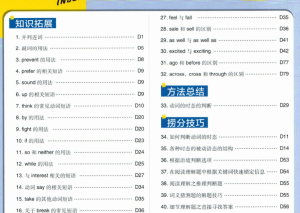
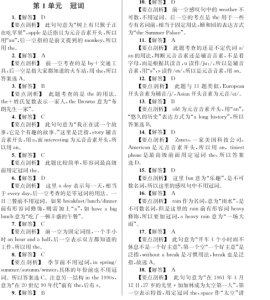
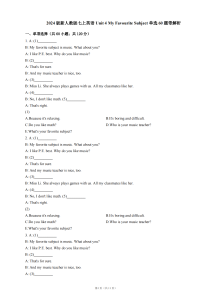




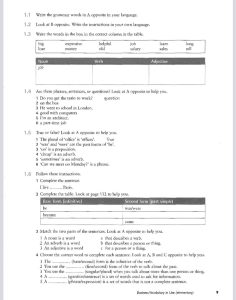


暂无评论内容